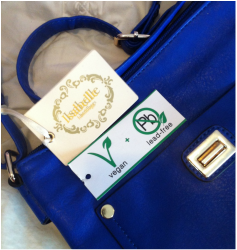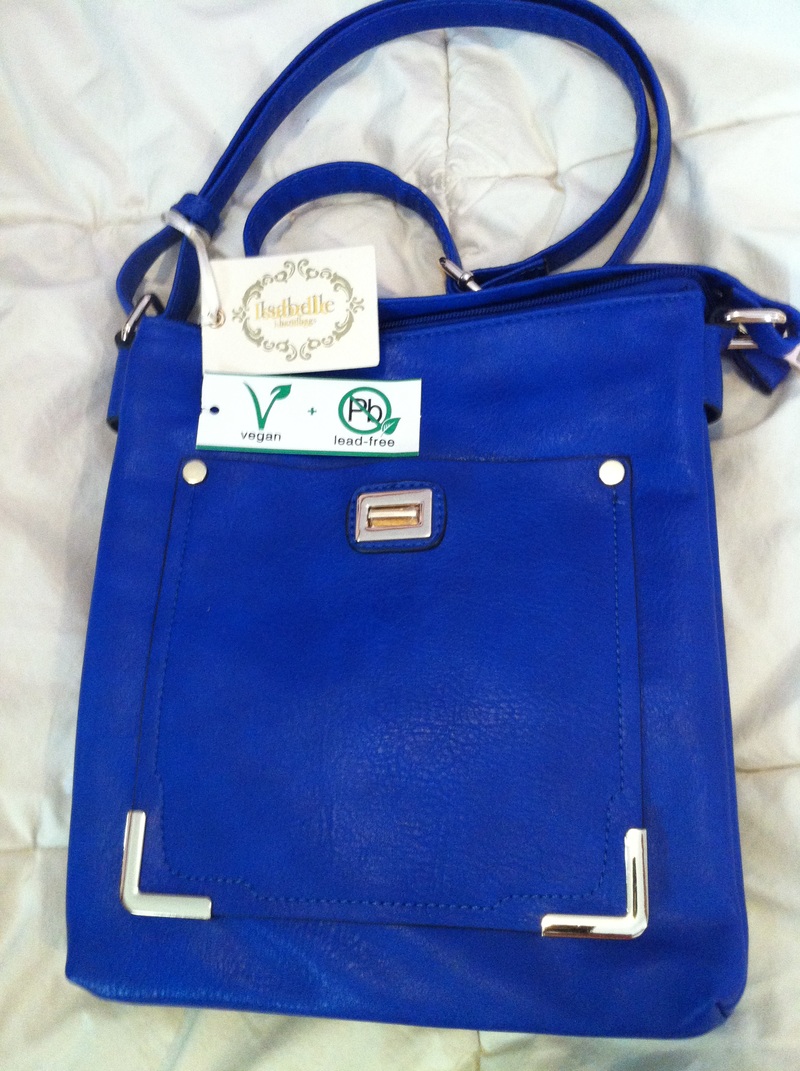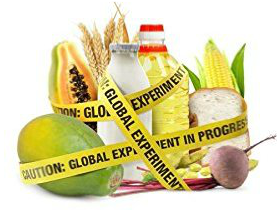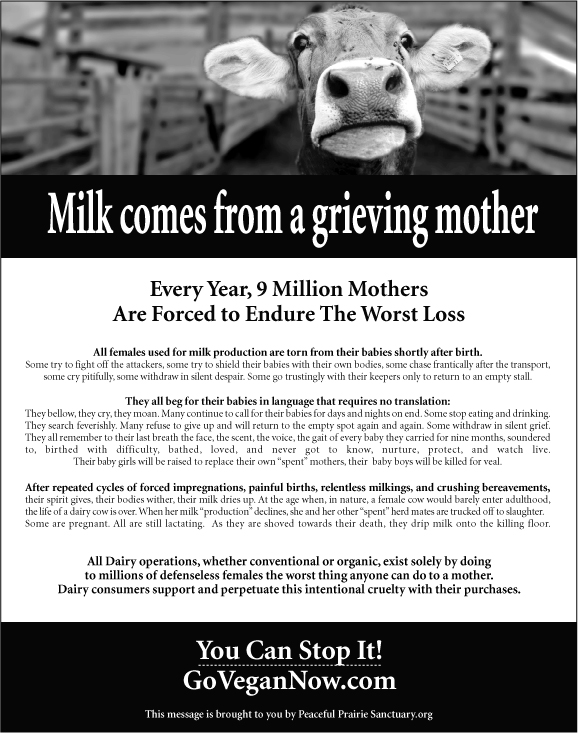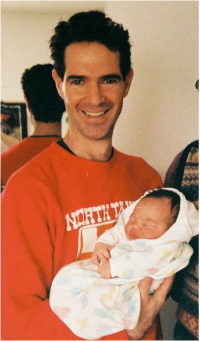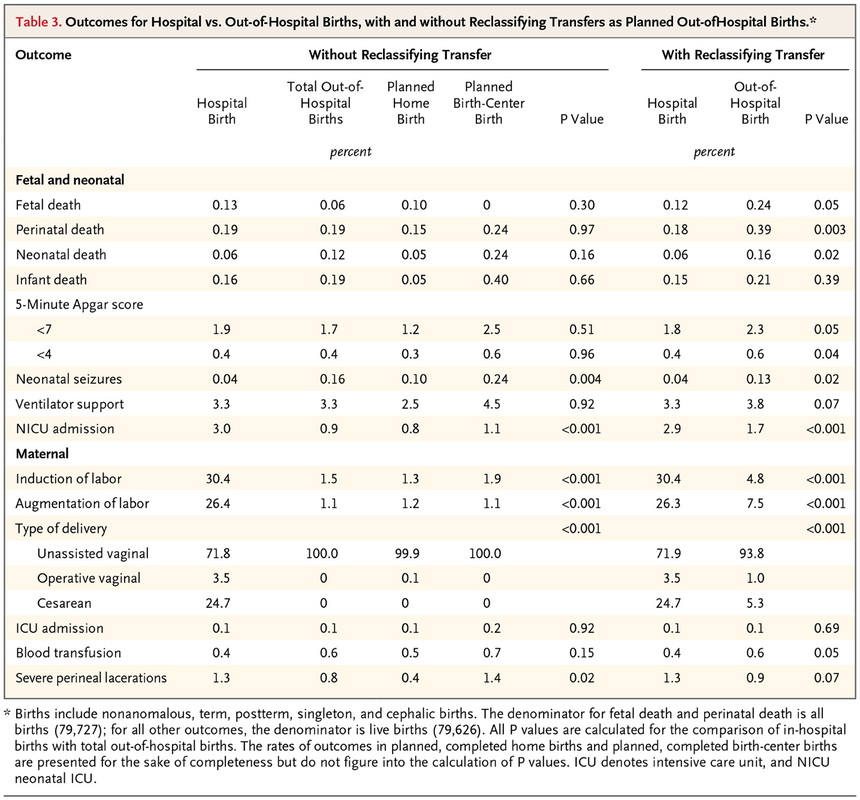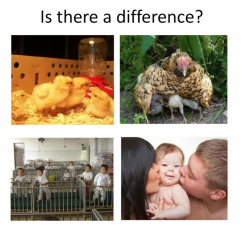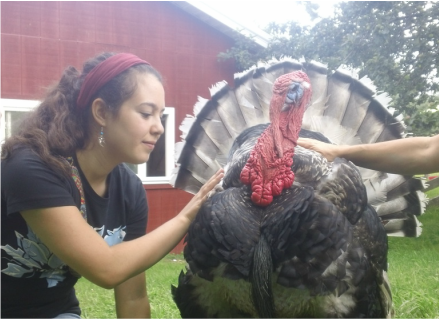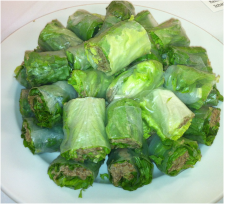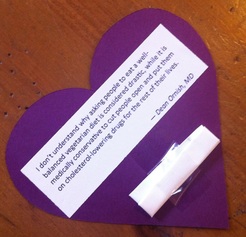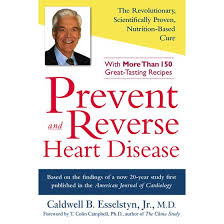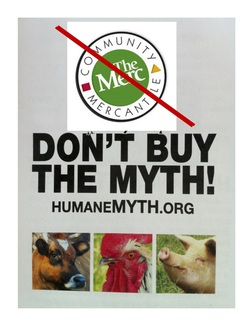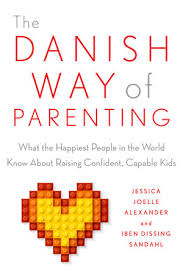
I have long believed that collectively, how a culture parents, does play a big role in how happy and healthy that generation will be on the whole -- when they become adults. In my first book, Compassionate Souls -- Raising the Next Generation to Change the World, I explained my view that the revolution of the 1960's, and the good things it brought, happened in part, because that generation had been raised with a more compassionate approach to parenting -- due to the popularity of Dr. Spock and his book on baby and child care. I further speculated that the generation coming of age right now -- or at least those who were raised more compassionately than had been the custom--- due to the growing awareness of attachment parenting, on the whole, will push our culture to evolve even more on issues of social justice. (Assuming we are able to prevent catastrophe due to our environmental problems -- combined with the fact, that many citizens have also been injured from NOT getting adequate parenting.) So I was curious to find out what these authors would say. I was also skeptical. The cover seemed kind of cliched to me, and the book is thin and at first glance appeared pretty simplistic -- using the acronym, "PARENT" to illustrate the six key points that make up the Danish Approach. Yet I found myself quickly drawn into the ideas and agreeing with what they were saying. The narrative uses short anecdotes to explain the ideas and then backs them up with brief explanations of published science that corroborates and further explains the core principles. This book effectively distills down a lot of very important ideas and concepts making them seem simple, and very doable. The chapter, "P is for play" -- succinctly reminded me of the big ideas from great books I read years ago -- like, Magical Child, The Plug in Drug, and Endangered Minds.
The chapter, "R is for "Reframing". explained how and why parents can show children how to reframe challenges, failures, or losses in a way that facilitates emotional well-being. This chapter gave me much to think about NOW, which I believe will have value for our family -- even as the mother of adult children.
But my favorite chapter in this book is, "E is for empathy," because it solidly illuminates where American culture has fallen far short of our potential to build happy healthy resilient citizens and clearly explains how an over-focus on competition and winning can undermine the connection and cooperation that is critical to our emotional well-being. That is where empathy comes in. Not only does the book make a compelling case for how natural it is for humans and other species to be empathetic, but also for how critical empathy has been for our survival -- and then they even go into detail about how the Danish go about teaching empathy to their children and encouraging it in their culture. Teachers will find much here to inspire them!
The chapter "N is for No Ultimatums" also did a nice job of explaining why spanking is harmful, and how to parent with respect and avoid power struggles. I have to say, I am smitten with this book, and while I will heartily recommend it to parents everywhere -- I believe the concepts have relevance to anyone who seeks optimal health and well-being -- you need not be raising children to find much here to inspire and inform. The more people who read this book, the better off we will all be!

